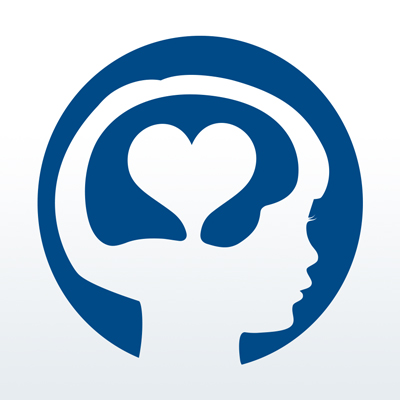Research Supporting the Effects of Self-Regulation (Safety)
These articles explore the relationship between social and emotional learning and academic success, showing that child self-regulation and academic achievement are positively related. These articles delve into several promising interventions and research studies that show the importance of self-regulation and provide recommendations for how to improve self-regulation in students.
- Weare, K. (2010). Mental health and social and emotional learning: Evidence, principles, tensions, balances. Advances in School Mental Health Promotion, 3(1), 5-17. This article reviews studies that have demonstrated how several components of social and emotional learning, including emotional self-regulation and self-awareness are associated with academic success.
- Diamond, A., & Lee, K. (2011). Interventions shown to aid executive function development in children 4 to 12 years old. Science, 333(6045), 959-964. This article reviews several intervention studies, including one that demonstrated improvements in executive functions of 7-9 year old students after mindfulness training (training that consisted of awareness of others and attention regulation); and another intervention study that showed fewer behavioral problems a year later for 7-9 year old students who participated in the PATHS program (a program that trains teachers to build children’s competencies in self-control, recognizing and managing feelings, and interpersonal problem-solving).
- Eisenberg, N., Valiente, C., & Eggum, N. D. (2010). Self-regulation and school readiness. Early Education and Development, 21(5), 681-698. This article reviews research that show associations between self-regulation and social skills and school engagement.
- Oades-Sese, G. V., Esquivel, G. B., Kaliski, P. K., & Maniatis, L. (2011). A longitudinal study of the social and academic competence of economically disadvantaged bilingual preschool children. Developmental psychology, 47(3), 747. This study demonstrated that there is an association between social-emotional competency and academic achievement.
- Liew, J., Chen, Q., & Hughes, J. N. (2010). Child effortful control, teacher–student relationships, and achievement in academically at-risk children: Additive and interactive effects. Early Childhood Research Quarterly, 25(1), 51-64. This study demonstrated that there is an association between self-regulation and academic achievement.




